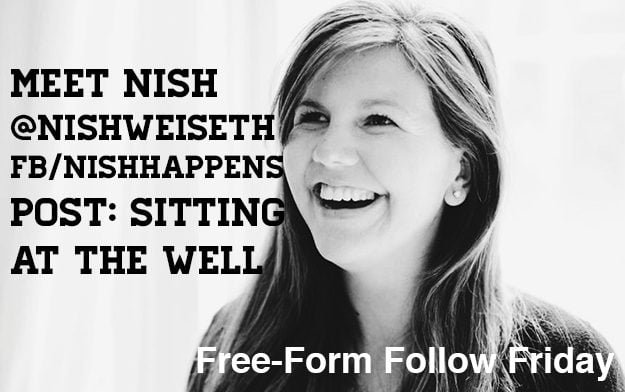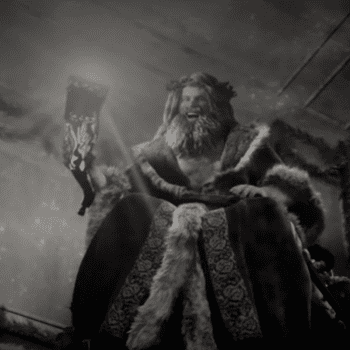
There have been lots of conversations recently drawing out strong evangelical statements and, in the process, revealing exactly what might be wrong with the whole darn thing.
And let me say straight away, I consider myself an evangelical. I know there are some who would question that identity, but that is precisely the point. Something has gone awry in the conversation around evangelical passion, mission, and faithfulness when it begins to mirror the polarizing, culture-war conversation in American politics. Which is exactly what has happened. In short:
Evangelicals are fast becoming a party of theological single-issue voters. [Tweet This]
Like abortion and gay marriage in American conservative politics, there are two similar “single issues” that routinely dominate the theological conversation to draw an absolute line in the sand between evangelical and non-evangelical, orthodox and heterodox, Christian and faux-Christian. And, as it happens, both single issues start with “H.”
Hell.
And, Homosexuality.
Having the “right” stance on these two issues has become something of a master signifier in modern evangelicalism, such that stepping to the “left” just a tad will earn you a swift excommunication from many established evangelical voices. Of course, these signifiers are part and parcel of a larger one – belief in the inerrant Bible (with a strictly soterian hermeneutic). It doesn’t matter how orthodox one may otherwise be on, say, the atonement, resurrection, Trinity, etc. And it most certainly doesn’t matter if the content of one’s life is reflective of a deep work of the Spirit, a commitment to the church, and a passion for following Jesus and inviting others to do the same. No, to stop short of an Eternal Conscious Torment perspective on hell and a Perverted Sinful Choice perspective on homosexuality is to deny the faith itself.
In my own reflection (yeah, go ahead, subjectivism and emotionalism and yada yada), it certainly seems that this kind of stance is a suicidal one, especially since there is a growing theological tide of nuanced opinion on both of these topics among people who, like me, identify as evangelical. And, there is a desire on the part of those who have typically been cordoned off as “mainliners” to fellowship and co-labor with brothers and sisters in evangelical streams. And it further seems that the unity of the church itself as we see it playing out before our very eyes may hinge on whether or not we can embrace each other as passionate followers of Jesus – evangelicals even! – despite differences on these single issues.
And strangely, that’s where what’s wrong with evangelicalism is just so wrong. Conservative evangelicals are quite fond of playing the persecuted victim card when opposing “progressives” who supposedly want to take away their rights, but that is all to distract attention away from the reality – that they have already deemed the progressives to not be real Christians. I don’t think I’ve ever heard a progressive evangelical make the same claim toward a conservative. Sure, there is disagreement and it might get ugly at times. But I think there is a desire among those deemed progressive to somehow find and affirm a common faith with conservative brothers and sisters (if they’ll have us).
Functionally, though, that’s going to be impossible if these two master signifiers continue to polarize the evangelical conversation, creating a party of hellfire and homosexuality gatekeepers defending the faith from nuanced heretics.
So, what the H?
When are we going to stop being theological single-issue voters and start getting on with passion, mission, and faithfulness for the sake of Jesus and his good news?











